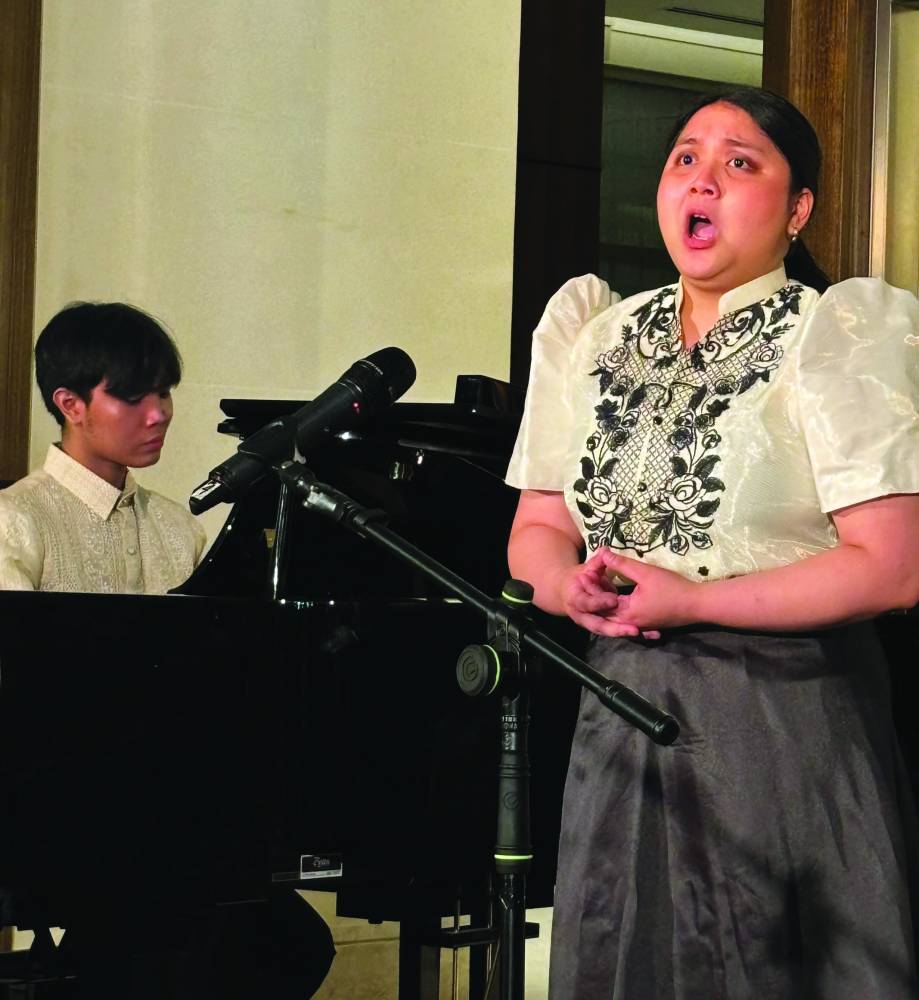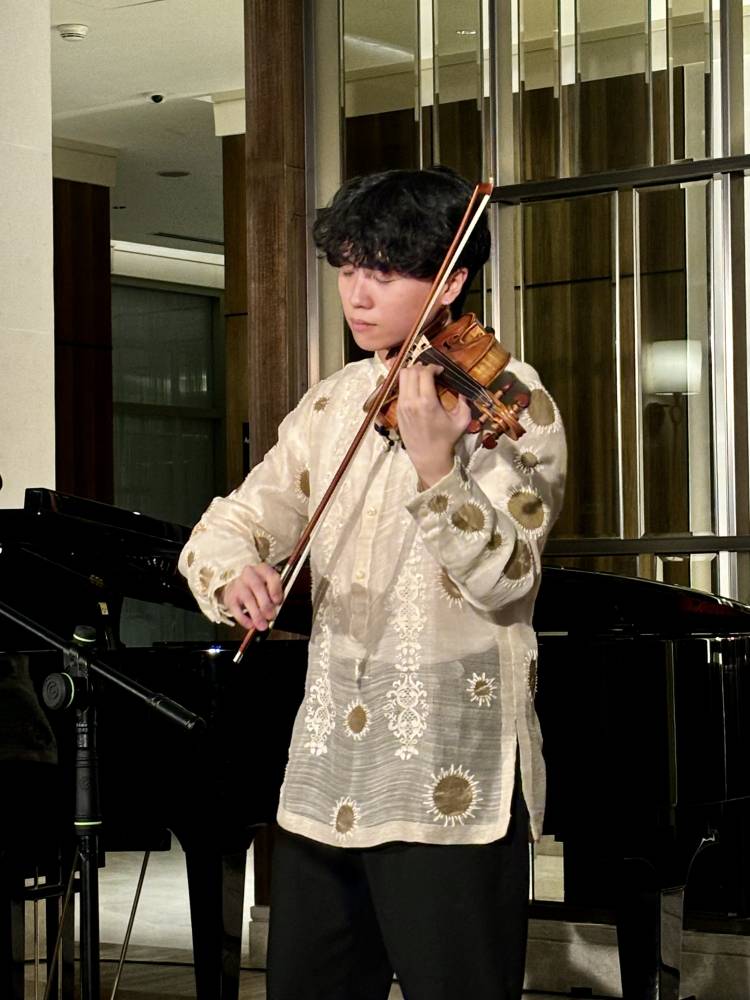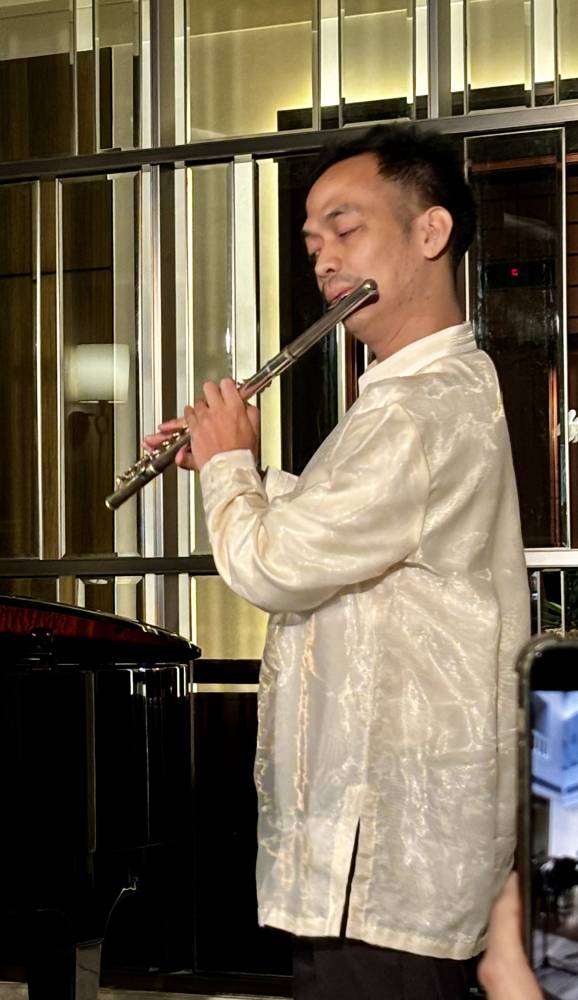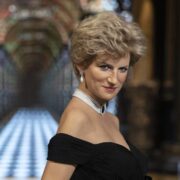Young music prodigies balance dreams with financial hurdles

Four talented young Filipino musicians, all on vacation from international music schools, are using their time at home to inspire others. While their career aspirations range from joining world-renowned orchestras to nurturing the next generation of Filipino musicians, they all share a deep passion for music.
Violinist Adrian Nicolas Ong, 24, a student at The Glenn Gould School in Toronto, once captivated street children at the Museo Pambata with his performance of Western classical music. The children’s mesmerized faces left an impression on Ong, strengthening his belief in music’s ability to transcend social and cultural boundaries. Upon completing his Artist’s Diploma next year, Ong aspires to secure a position with a major international orchestra.

Sharing Ong’s global ambitions is Aidan Ezra Baracol, 19, a piano major at London’s Royal Academy of Music (RAM). Baracol dreams of a career as a concert artist.
Even before departing for RAM, soprano Lizzie Bett Estrada, 21, was turning heads with her powerful voice. After graduating, she hopes to join an international opera company.
While his fellow scholars set their sights on the world stage, flutist Mark Kenedy Rocas, 29, is drawn to a different path. Rocas, a student at the Longy School of Music of Bard College in Massachusetts, plans to settle in the Philippines after completing his studies. He plans to become a music educator who will help classical music flourish here.

These young artists, all recipients of the Cultural Center of the Philippines’ (CCP) International Scholarship program, will perform on July 27 for a free performance, “Young People’s Concert,” at Rizal Park. Joining them on stage will be the Philippine Philharmonic Orchestra.
Hurdling challenges
Beyond the glamour of studying at prestigious schools abroad, the press conference also shed light on the challenges these scholars face. The intense competition, demanding faculty expectations and advanced music theory push them to new heights, but none is more pressing than the financial strain.
“The cost of living is high,” admitted Baracol. “It’s a struggle even to budget food. Managing resources properly has been a constant challenge in London.”
Fortunately, not all scholars face the same financial hurdles. Estrada stands out as the luckiest. Before leaving for the United Kingdom, she received support from the late opera patroness Zenaida Tantoco and the Ayala Foundation. Currently, she enjoys additional aid from Rustan’s, CCP vice chairperson Margie Moran and Lyca Balita, owner of an accounting review center.
Ong also benefits from the supplementary support from the Friends for Cultural Concerns of the Philippines.
Rocas paints a different picture. To keep up with the high cost of living in the US, his parents, a backyard piggery owner and a health supplement seller, had to sell a property. During his vacation, Rocas has been holding fundraising concerts to bridge the financial gap. Embracing his future teaching aspirations, he also volunteered as an assistant instructor for the Philippine Youth Symphonic Band camp.
Despite the difficulties, these international scholarships have been transformative. For Rocas, Longy School of Music opened his eyes to diverse flute-playing styles. He credits his Korean American teacher, Soo-yun Kim, for shaping him into a better artist.
“She taught me how to connect with the music and the composer,” Rocas said. “Having a good teacher makes a world of difference. Everything becomes clearer, and progress happens much faster.”
In Toronto, Ong realized the importance of artistry beyond technical skill. His mentor instilled in him the value of a balanced life, a contrast to his days at the Philippine High School for the Arts where he practiced violin relentlessly. Now, he incorporates theater and dance appreciation, fostering a deeper understanding of performance.
“Musicians are like actors on stage,” Ong explained. “Knowing the notes is just one part. We need to connect with the emotions behind them, to delve into the character of the piece and not just deliver a clean performance.”
This approach paid off when Ong’s school orchestra performed at the Isaac Stern Auditorium, the main stage of Carnegie Hall in New York. The experience of captivating a sold-out audience of 2,480 was unforgettable.

Life in London
For the Filipino scholars at the Royal Academy of Music, the opportunities for performance provided a valuable learning ground. Baracol endured intense rehearsals for excerpts of a Leoš Janáček piece during the school’s summer festival. He cherished the experience of being chosen for a solo after playing with the group.
“It was my first time performing abroad,” Baracol said. “The exposure taught me so much more than just being a good soloist. As a chamber musician, communication and teamwork are crucial for a successful performance. It’s an experience that shapes you as a person.”
Baracol’s teacher recognized his musical sensitivity and motivated him to hone his technique to meet world-class standards. This constant pursuit of artistic growth and technical refinement paints a picture of the dedication required to succeed in the international music scene.
Classical singer Estrada exemplifies the transformative power of these opportunities. Through Tantoco’s support, Estrada gained valuable exposure to Manila’s social circles. Now, in London, she recently won the grand prize at the Kathleen Ferrier Bursary for Young Singers, a national junior competition.
Estrada attributed her success to overcoming the Filipino cultural trait of hiya (shyness). She said she worked hard to connect with the audience and convey the message of the music. London life, however, comes with its sacrifices. Pubs are a socializing medium in British culture, but Estrada maintains a strict regimen to protect her voice. “I don’t understand how other singers spend nights at pubs,” she wondered. “Their voices are noticeably husky the next day, and they keep clearing their throats.”
The dedication of these young artists extends beyond personal success. Upon completing their scholarships, they plan to share their knowledge to enrich the Philippine classical music scene.
Rocas embodied this spirit: “Hindi tayo nabubuhay para sa sarili natin kung hindi para sa bayan, sa Taas. Maraming salamat sa CCP sa tulong, at paniniwala sa mga pangarap ng bawa’t isa—para mismo namnamin ng kultura at musika ng Pilipinas. (We don’t live for ourselves, but for the country, and the One on High. Many thanks to CCP for the support, and the faith in everyone’s aspirations—to savor the culture and music of the Philippines).” —Contributed INQ“Young People’s Concert” will be held on July 27, 5 p.m. at the Rizal Park Open-Air Auditorium. Open to the public. INQ
















